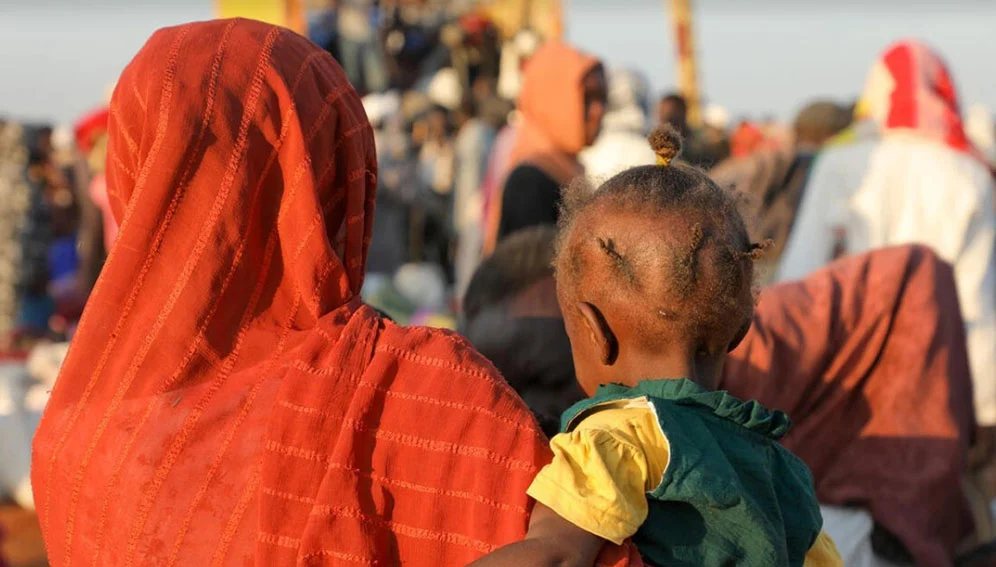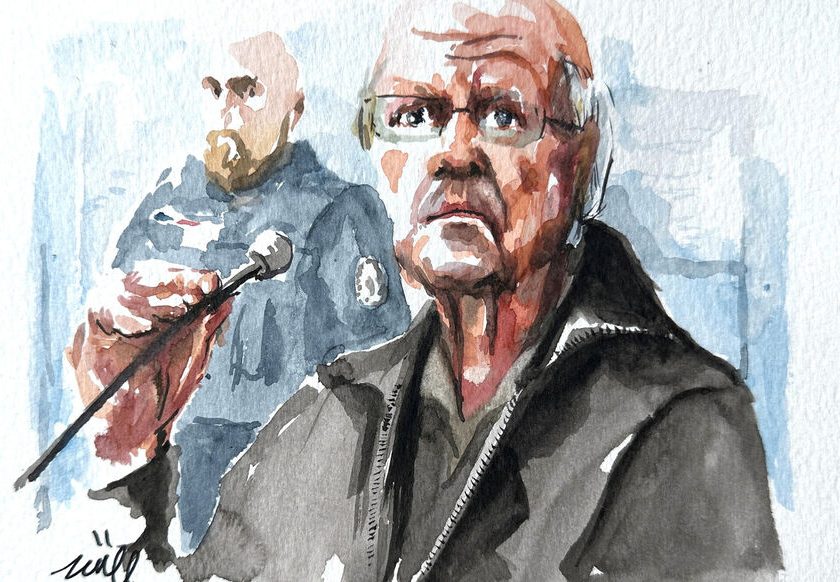In the midst of South Sudan’s ongoing struggles, one of the most deeply entrenched issues plaguing the nation is the silent epidemic of Gender-Based Violence (GBV). For years, women and girls in South Sudan have faced rampant violence, not only from armed conflict but also from within their own homes.
Despite the country’s fragile peace, GBV remains disturbingly prevalent, hidden behind closed doors, leaving survivors isolated and vulnerable.
The Unseen Suffering of South Sudanese Women
Since gaining independence in 2011, South Sudan has been ravaged by civil war, political instability, and economic collapse. The impact on women and girls has been catastrophic. An estimated 65% of women and girls have experienced physical violence, including sexual assault, according to a 2018 UN report.
Yet, these figures do little to reflect the scope of the suffering, as many cases go unreported due to fear, stigma, and a lack of support services.
“I was 16 when it happened. My father forced me to marry a soldier who had taken part in the war. He came into my home, and I had no say in the matter,” shares Amina, a survivor from Juba. Her eyes, filled with a mixture of fear and rage, reveal the pain of years of silence. “He was violent and drunk most nights. I would cry myself to sleep. However, who could I tell? People just told me to be quiet. It was my fate.”
These words echo a larger, widespread reality. In many areas, traditional norms, combined with a lack of legal infrastructure, allow violence to flourish. Communities often shield perpetrators, out of either fear, tradition, or ignorance.
Testimonies of Survivors
South Sudanese women are subjected to various forms of abuse, from forced marriages and domestic violence to sexual violence in conflict zones. However, many victims face extreme difficulty accessing justice or medical support.
Aisha, a 29-year-old mother of three, recounts how her life shattered when her husband beat her with a stick after she asked him not to drink away their savings.
“He would threaten to kill me if I tried to leave. When I sought help from the police, they laughed at me. They said it was a ‘family matter,’ and I should return to my husband.”
Such responses are all too common. There is no consistent law enforcement to address gender-based violence, and even when laws exist, they are often not enforced due to weak governance and a lack of resources.
The Role of Conflict in Exacerbating GBV
The effects of war cannot be understated. The armed conflict has displaced millions, leaving many women and children living in refugee camps or rural areas, where the threat of sexual violence is omnipresent.
The International Rescue Committee (IRC) reports that sexual violence during the conflict is often used as a weapon of war. Women are frequently abducted, raped, and assaulted by armed groups as part of a broader strategy to destabilize the community.
Kabibi, who lived through the worst of the conflict, says, “During the war, I saw so many women being taken, raped in front of their families. I was lucky to escape that fate, but every day I live with the fear of what could have happened to me.”
The Struggle for Change: Legal and Social Obstacles
Despite the grim reality, there is hope on the horizon. South Sudan’s transitional government has begun taking steps to address GBV. In 2020, the government passed the “Prevention of Sexual Violence Act”, but its implementation remains slow and largely ineffective.
Local organizations such as The South Sudan Women’s Empowerment Network (SSWEN) are tirelessly working to provide survivors with legal aid, psychosocial support, and a safe space to rebuild their lives.
However, these efforts are often stymied by a lack of resources, cultural resistance, and ongoing violence.
The Call to Action
The situation remains dire, but survivors are beginning to rise above the darkness. Women’s voices are being amplified, from grassroots advocacy to international platforms, calling for the world to pay attention to the plight of South Sudanese women.
Organizations like UN Women and The South Sudan Women’s Peace Network are pushing for more solutions that are comprehensive. These include training for law enforcement, stronger legislation, and most crucially, ensuring that GBV survivors have access to resources that will help them heal and rebuild their lives.
“I speak out for the women who cannot,” says Mariam, whose face has gained strength over time. “We need to break the silence. Only then will we have a chance at a future free from fear.”
In South Sudan, where war and poverty often dominate the headlines, gender-based violence remains a devastating but hidden epidemic. As the country rebuilds, the fight for the rights and dignity of women and girls must be at the forefront. Until this happens, South Sudan’s darkest secret will continue to torment its future.
By Uwimana Alice / Student Intern





